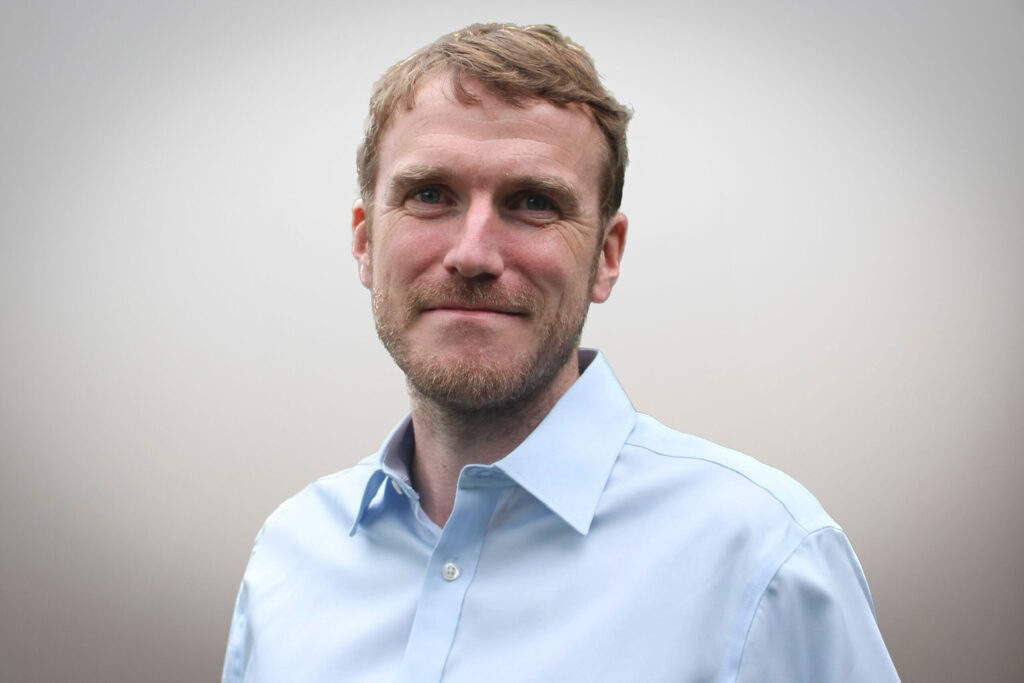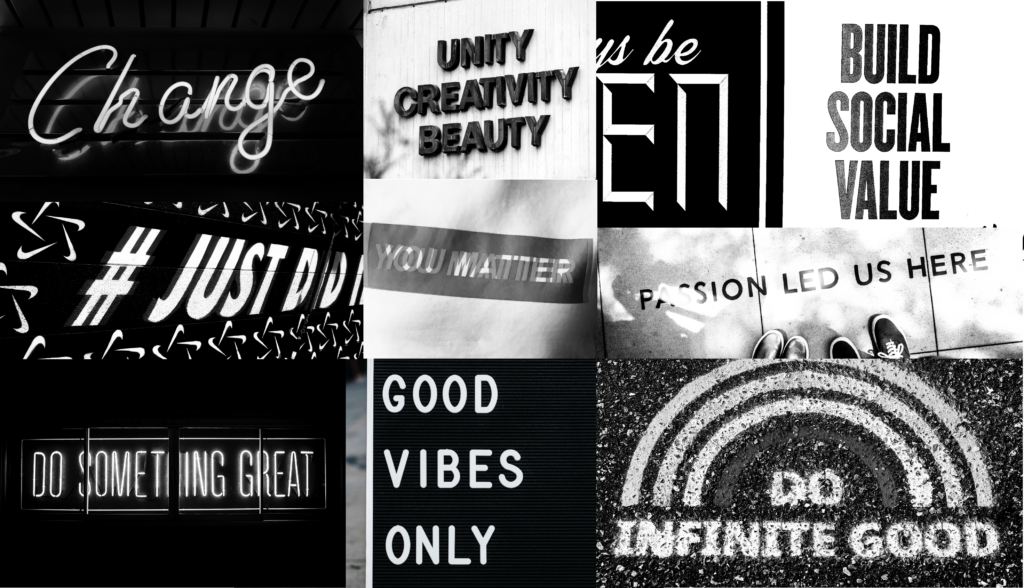I’ve followed Stephen Frost, the principal research fellow and co-head of participative research at IPPR, on LinkedIn for a while. He’s a social media natural, so I wanted to get his thoughts on how he thinks about using it to get policy unstuck.
The ability to get things done comes if you spend 80% of your time working on the people, and defining the problem. I remember reading advice from someone who worked in the Civil Service for 30 years. Their view on what people working in policy get wrong is that they spend 80% of their time on the solution: the policy.
People want to know that the policies that we implement are fair and effective, but people’s perceptions of what those two things mean are different. You cannot get to the root of what different people within a community would consider to be a good or a fair future without getting them in the room and having them hash that out.
We run the risk of citizen’s juries being used in a similar way to consultations of the past, where you pull together a citizen’s jury on whatever it might be, you gather lots of interesting opinions but you do not action what comes from that conversation. And similar to everything that has gone before you end up with a group of people who were engaged, spent their time in a room thinking really creatively about something that needs to happen, but you didn’t act on it. And you see a further erosion of the trust in government.
It is a conscious decision to try to use social media more. You can work on a report and disappear down a rabbit hole of literature and policy reviews. Eventually the output from that gets buried in a very long report that no one ever reads.
Quite a lot of what I’m doing on social media is taking the small findings from research in progress and just making them public. That then prompts criticism, challenge, and enthusiasm, and you get a sense of where that report needs to go and a much clearer understanding of how engaging those findings actually are.
Social media has directly changed what I’ve then gone on to write. It’s another place to have conversations with a different audience. You should not take social media as representing the public, but on LinkedIn I have been pleasantly surprised by the quality of debate, the willingness to critique on face value, and the absence of aggressive language.
We mostly steer clear now of calling ourselves a ‘think tank’ because it is such an odd word – I didn’t know what one was when growing up.
Think tank staff, national campaigners , or central government are not the right people to define what happens next on climate. Many of the answers that we seek in making change happen faster are also about getting power and resources down to local areas to find their own way through, and the mix of policies that will work at the fastest possible pace in each of their local spaces. Cities, for example, are going to differ from rural areas on what they need. National leadership is really important, and you can come up with really good answers on how to resource change, but I don’t think that we’re going to get anywhere if we force people to go down predetermined routes.
We’ve found that a lot of people who work on progressive environmental causes will come from the starting point that they are right. They can believe that theirs is the standard view of most people in society, so all they need to do is tell people their answer and that will solve everything. This is obviously nonsense. Progressive activists support many of the policy positions of environmental and progressive advocates. Most others don’t – unless you engage them properly.
You can’t rely on progressive activists to get your policies through. You need to think about where your starting point is in engaging a much broader base of people, listening to what they have to say and finding the right language to talk to them.
Parting thoughts…
There are moments where I’ve completely lost the plot. There’s just too much going on: too much work and too much noise. But becoming a parent has been a really good lesson in prioritising and time management. No matter how much you care about your work, there is something more important waiting for you at the end of the day that is going to bring you joy. I don’t go down every rabbit hole anymore. I prioritise what I’m going to get done that week, that day, what’s most important to me and who, including whether I’m going to accept a random message from LinkedIn*. Plus I get outdoors as much as I can and that makes a massive difference to me.
* Thanks Stephen for accepting my LinkedIn message.
Sign up to our newsletter to get insights from other policy thinkers and campaigners like Stephen into your inbox every fortnight.





